Blog

Essential Tax Tips for Real Estate Investors in East Brunswick and Surrounding Areas
If you're a real estate investor in East Brunswick or anywhere in Middlesex County, you're already in a thriving market. Property values have been climbing steadily, and rental demand remains strong. But here’s a question: Are your tax strategies working as hard as your properties?
August 4, 2025
By Peter Demian
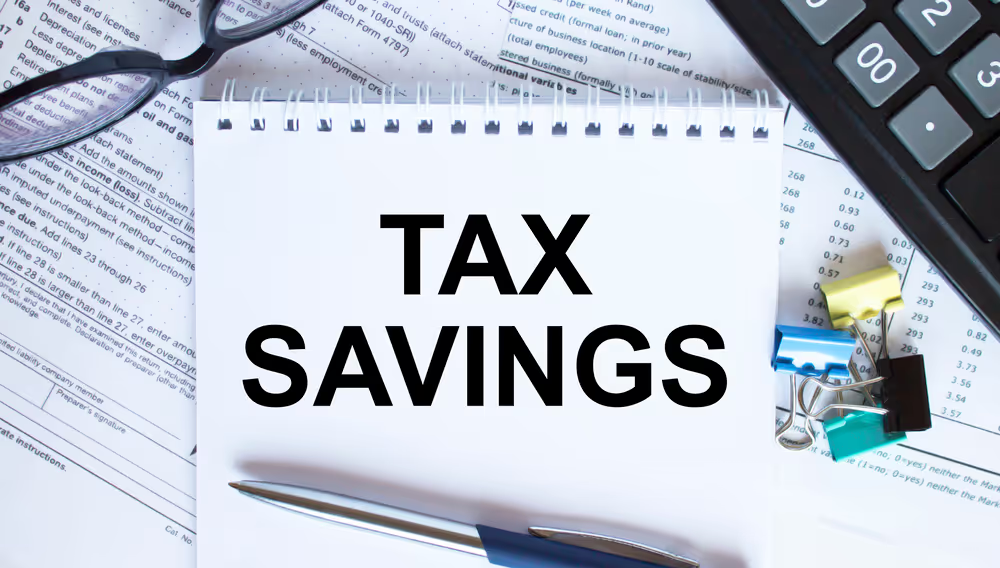
Top Tax-Saving Strategies for Small Businesses in Middlesex and Union Counties
Running a small business in Middlesex or Union County isn’t for the faint of heart. Between rising costs, competitive markets, and a mile-long to-do list, taxes might feel like just another headache waiting to happen ...
July 30, 2025
By Peter Demian
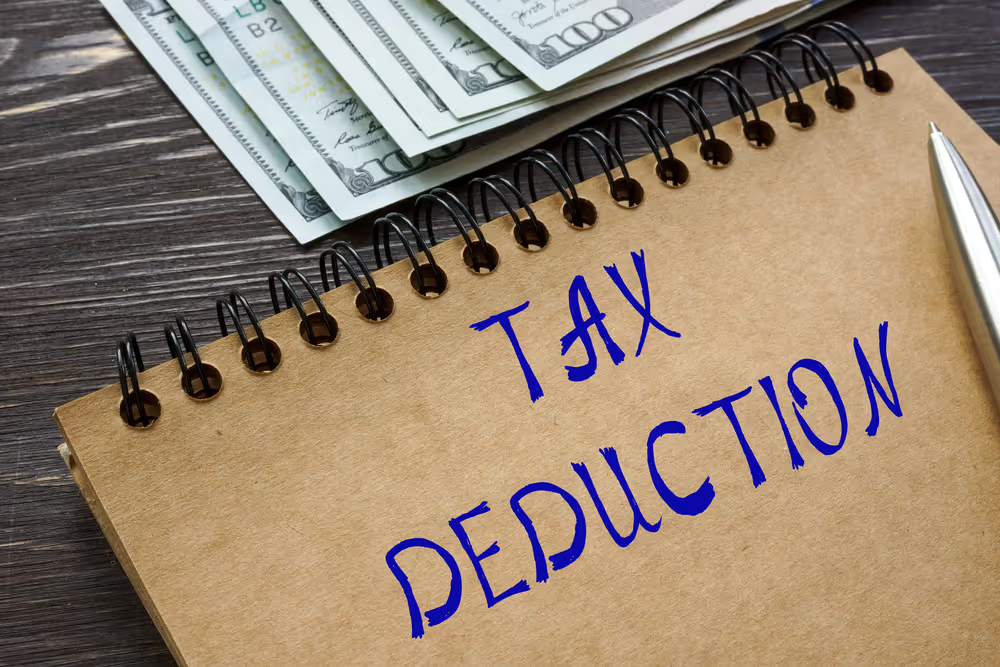
Maximizing New Jersey Property Tax Deductions for East Brunswick and Cranford Homeowners
Feeling overwhelmed by your East Brunswick or Cranford property tax bill? You’re definitely not alone. New Jersey consistently ranks as one of the highest property tax states in the country ...
July 16, 2025
By Peter Demian
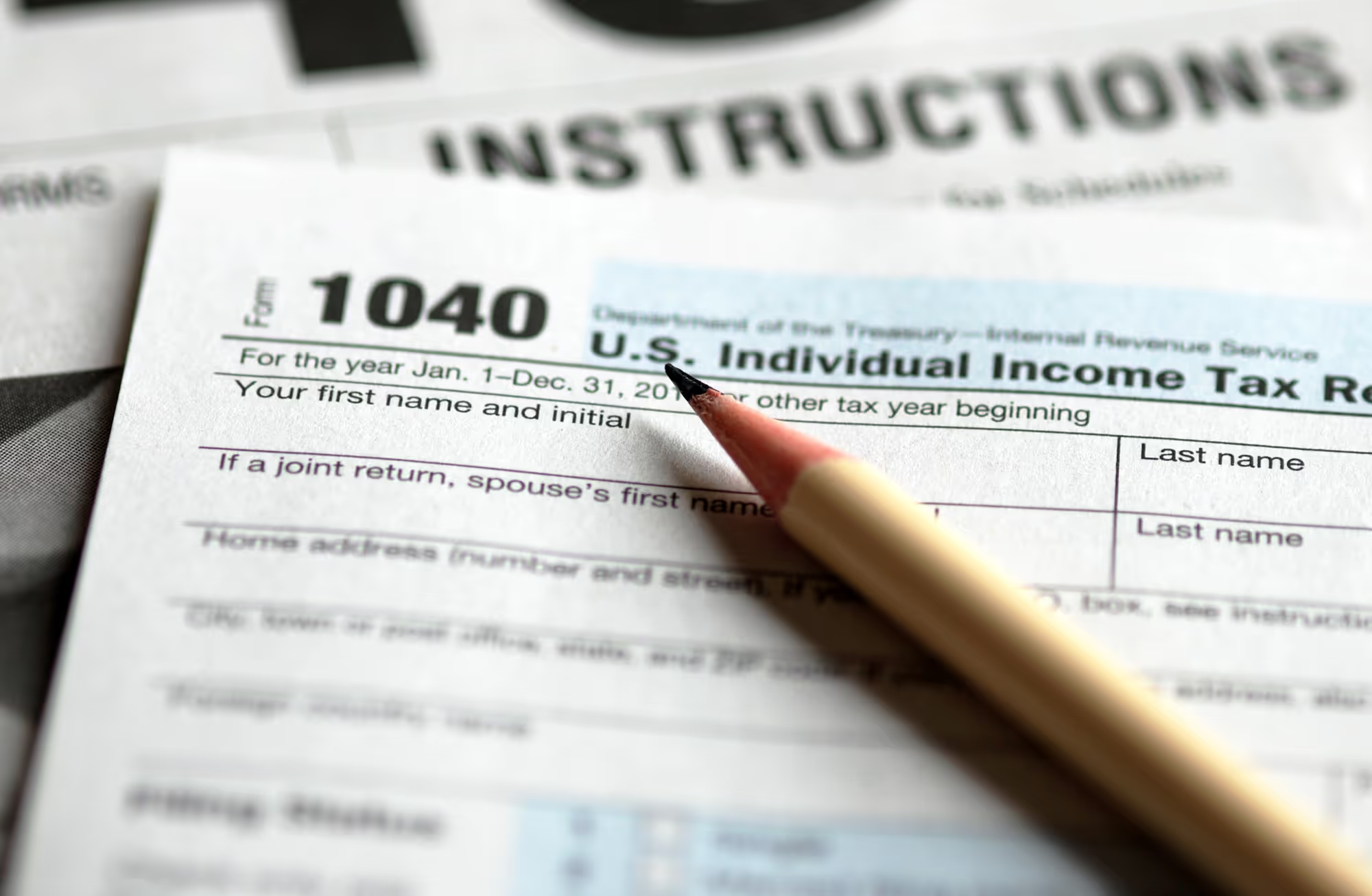
One Big Beautiful Bill— What You Gain (and What You Avoided)
I’m excited to share the latest tax law updates straight from the new - One Big Beautiful Bill. I've closely monitored these developments over recent months, and now that it's official, here's a clear breakdown of how this will positively impact you, your family, and your business—plus an overview of what taxes might have looked like had Congress not acted.
July 7, 2025
By Peter Demian

IRS Settlement Eligibility: What You Need to Know Before Taking Action
If you’ve ever opened an IRS letter and felt your heart sink, you’re not alone. Thousands of people just like you face crushing tax debt and don’t know where to turn. Maybe you’ve been trying to figure it out yourself — losing sleep over how you’ll ever pay it back ...
June 2, 2025
By Peter Demian
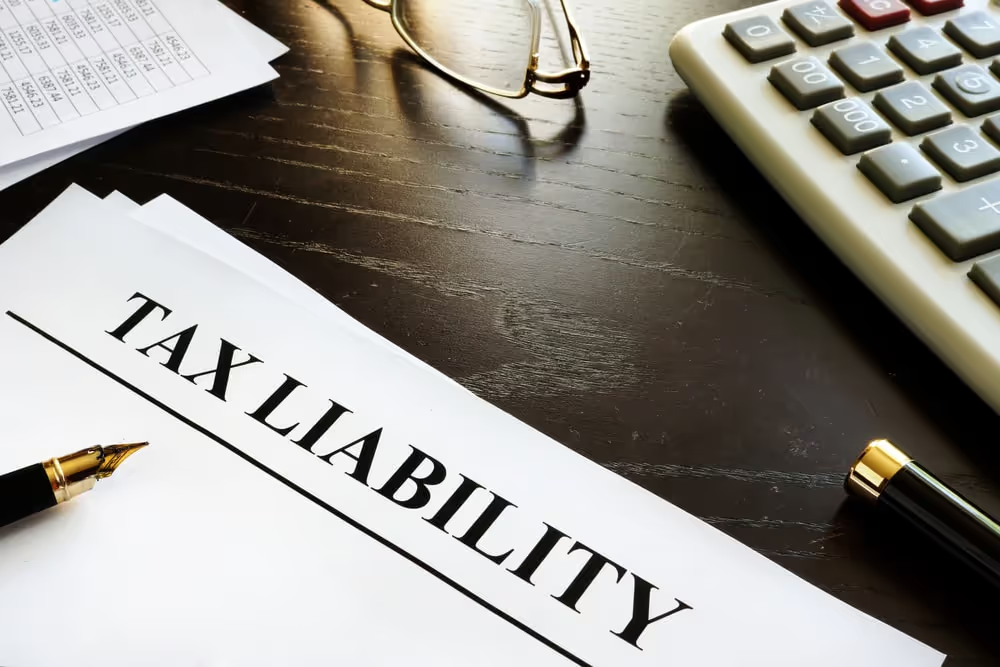
Tips for Minimizing Tax Liability: Expert Strategies for Individuals and Businesses
Let’s face it — taxes are complicated, and if you’re like most people, you’re probably paying more than you should. Maybe you’re worried about missing deductions, unsure how to handle IRS letters, or just tired of feeling like you’re flying blind when it comes to tax season. And ...
May 28, 2025
By Peter Demian
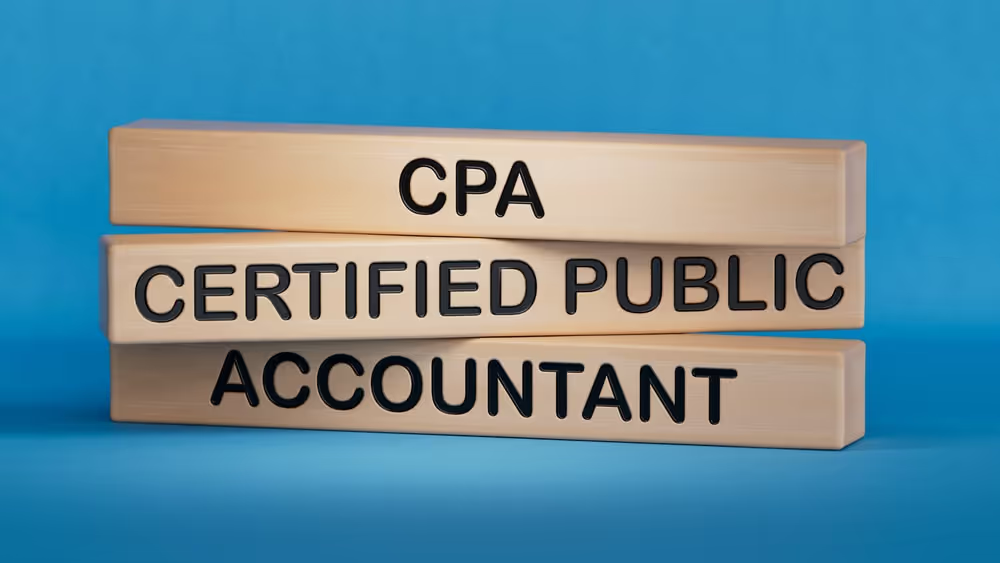
Choosing the Right CPA Firm: Identifying Quality Services for Your Needs
Are you tired of dealing with confusing IRS letters on your own? Wondering if you're overpaying on taxes year after year? Or worse — worried about an audit and unsure where to turn? You're not alone. Many individuals and businesses feel lost when it comes to taxes, but here’s the truth ...
May 15, 2025
By Peter Demian

.svg)


